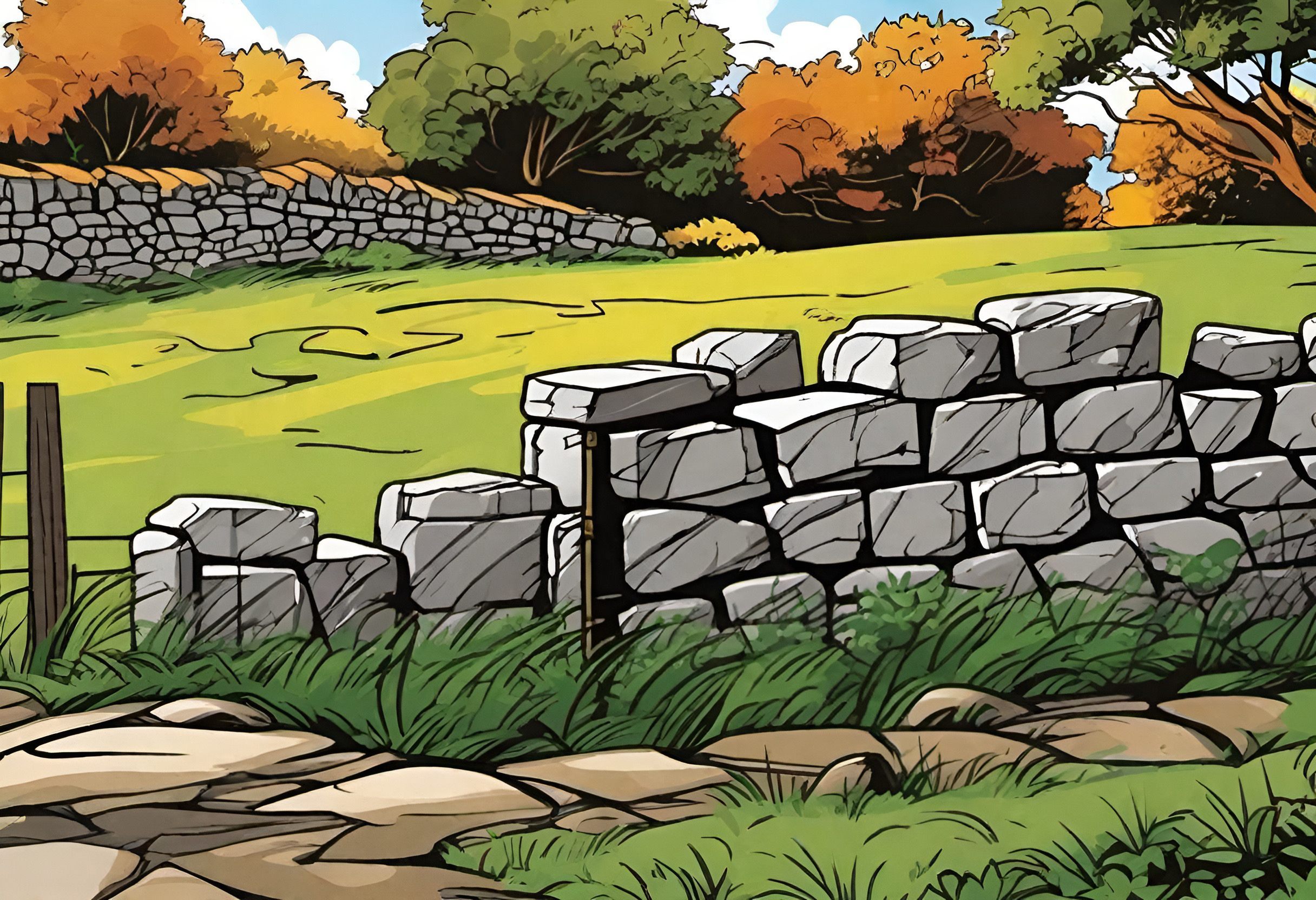In Robert Frost’s iconic poem, “Mending Wall,” the challenge that echoes through its verses lies in the age-old dilemma of balancing boundaries and connections. The poem introduces us to two neighbors who come together annually to repair a stone wall that divides their properties. While one neighbor staunchly believes in the proverbial wisdom that “Good fences make good neighbors,” the other questions the necessity of the wall, highlighting the underlying tension between tradition and skepticism.
Yet, as we delve into the broader implications of this poem, we realize that walls, both literal and metaphorical, take many forms in our lives. Often, they serve as excuses to separate and even alienate ourselves from one another. The stone wall in “Mending Wall” serves as a metaphor for the barriers we create, whether they be physical, emotional, or ideological. These barriers can sometimes hinder genuine connections and understanding.
Within the context of church and religion, walls are often couched in scriptural references that emphasize the importance of separation and purity. However, upon closer examination, particularly in the light of the New Testament, we find that these references are fundamentally about reconciliation and redemption. The message of love, forgiveness, and unity prevails, encouraging us to break down the walls that divide us and embrace a spirit of inclusivity.
In a world where differences can easily become dividers, “Mending Wall” invites us to find reasons to come together and love one another. It challenges us to question the walls we’ve erected in our lives and consider whether they truly serve a purpose in fostering harmonious relationships. Just as the neighbors in the poem repair the wall year after year, let us also make an effort to mend the divides in our hearts and communities. In doing so, we may discover that it is in tearing down walls that we truly find the path to unity and genuine connection.



